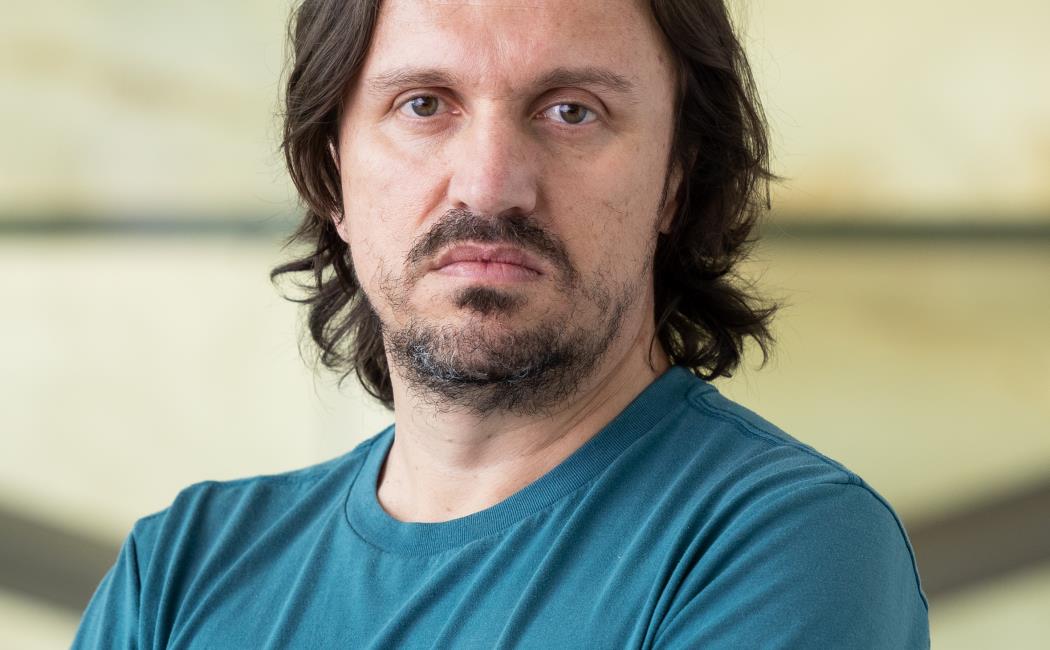
BioE Seminar: Actionable Machine Learning in Biology and Healthcare
Presenter: Professor Ricardo Henao
Abstract:
Machine learning (ML) is a rapidly growing field with applications in many areas, including biology and healthcare. ML algorithms can be used to analyze large amounts of data, identify patterns, and make predictions. ML models can be used to improve our understanding of diseases, develop new treatment regimes, and personalize healthcare. Some specific examples of how we are using ML to address problems in biology and healthcare include: predicting the risk of disease (e.g., stroke and autism spectrum disorder), diagnosing medical conditions (e.g., peripheral artery disease, thyroid cancer and infectious diseases), personalized healthcare (e.g., estimating risk of unplanned admissions, prediction of surgical case length and counterfactual estimation from observational data). Effectively, ML has the potential to revolutionize biology and healthcare, however, there are also some challenges that need to be addressed before ML can be widely adopted. These challenges include the need for large amounts of data, sophisticated black-box algorithms, and the imperative to address biases and ethical concerns. Despite its challenges and limitations, ML has the potential to improve our lives in many ways, thus it is important to continue to explore its applications in these fields. This seminar will address some of the potential advantages and challenges of ML in health and disease.
About the speaker:
Ricardo Henao is an Associate Professor for Bioengineering at the BESE division at KAUST, and for Biostatistics and Bioinformatics, and Electrical and Computer Engineering at Duke University. He is a member of the Smart Health Initiative and the Computational Biology Research Center at KAUST. He previously worked as a Postdoctoral associate at Duke University and the University of Copenhagen. The theme of Professor Henao's research is the development of novel statistical methods and machine learning algorithms primarily based on probabilistic modeling. His methods research focuses on hierarchical or multilayer probabilistic models to describe complex data, such as that characterized by high-dimensions, multiple modalities, more variables than observations, noisy measurements, missing values, time-series, multiple modalities, etc., in terms of low-dimensional representations for the purposes of hypothesis generation and improved predictive modeling. His recent work has been focused on the development of sophisticated machine learning models, including deep learning approaches, for the analysis and interpretation of clinical and biological data with applications to predictive modeling for diverse clinical outcomes.
